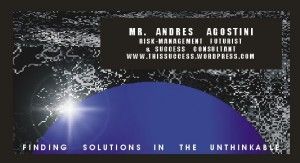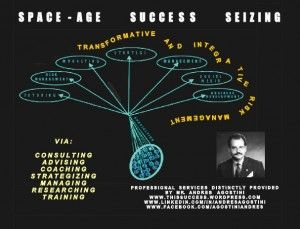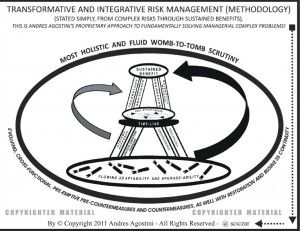Feb 6, 2014
The Future of Scientific Management, Today!
Posted by Andres Agostini in categories: 3D printing, asteroid/comet impacts, automation, big data, biological, bionic, bioprinting, biotech/medical, bitcoin, business, chemistry, climatology, complex systems, computing, cosmology, counterterrorism, cybercrime/malcode, cyborgs, defense, driverless cars, drones, economics, education, energy, engineering, entertainment, environmental, ethics, events, existential risks, finance, food, futurism, genetics, geopolitics, government, habitats, hardware, health, human trajectories, information science, innovation, law, law enforcement, life extension, lifeboat, media & arts, military, mobile phones, nanotechnology, neuroscience, nuclear energy, nuclear weapons, open access, open source, particle physics, philosophy, physics, policy, posthumanism, privacy, robotics/AI, science, scientific freedom, security, singularity, space, supercomputing, surveillance, sustainability, transhumanism, transparency, transportation, treaties, water
FEBRUARY 07/2014 LIST OF UPDATES. By Mr. Andres Agostini at The Future of Scientific Management, Today! At http://lnkd.in/bYP2nDC

The Ryno Microcycle is a Sci-Fi Inspired Single Wheeler
http://www.engineering.com/DesignerEdge/DesignerEdgeArticles…eeler.aspx
Rigged rules mean economic growth increasingly “winner takes all” for rich elites all over world
http://www.oxfam.org/en/pressroom/pressrelease/2014-01&#…ich-elites
Economist Debates: Democracy economist.com
http://www.economist.com/debate/overview/196
Behavioral Economics Gives The Advertising Industry A Nudge In The Right Direction
http://www.forbes.com/sites/johnowrid/2014/02/05/behavioural…direction/
Continue reading “The Future of Scientific Management, Today!” »












